Canberra First Aid Training at a great rate. Excellent Provider with years experience. Provide First Aid Kits and Defibrillators.
When you’re enjoying a long-awaited vacation, the last thing you want to think about is an injury or illness spoiling your fun. Away from home, small inconveniences can turn into a major headache, which is why having a well-stocked travel first aid kit can save the day.
Before you head out
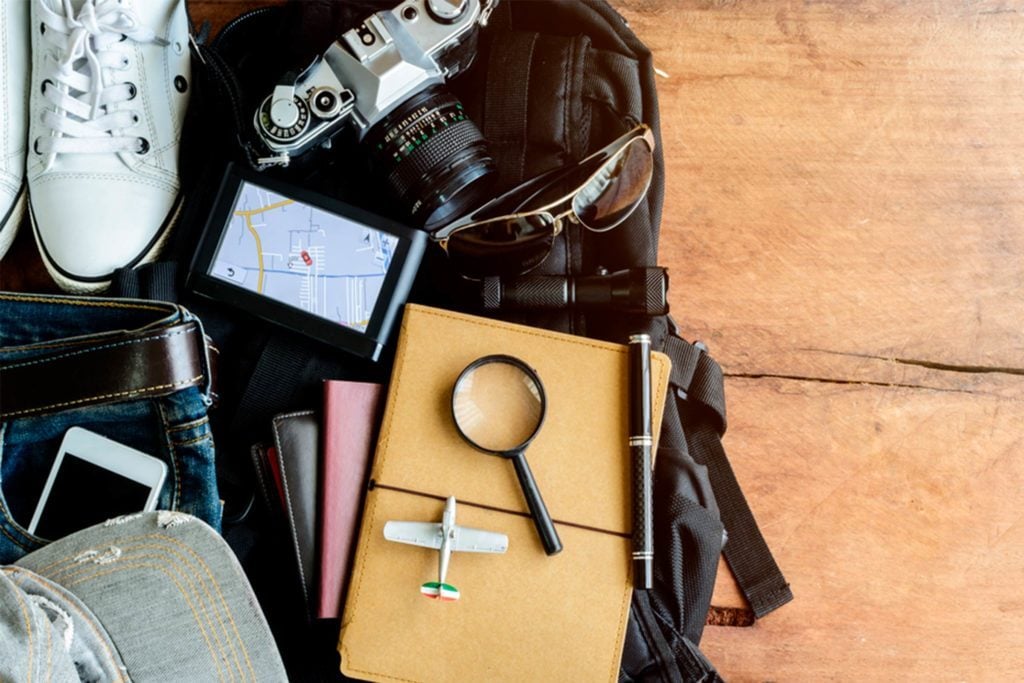 Make sure you know how to have a healthy flight, and then swing by the Center for Disease Control website which gives specific advice for individual countries. This includes a list of possible health risks, immunizations you should get done, and even a list of recommended items to take with you.
Make sure you know how to have a healthy flight, and then swing by the Center for Disease Control website which gives specific advice for individual countries. This includes a list of possible health risks, immunizations you should get done, and even a list of recommended items to take with you.
If you have health concerns, visit your physician some weeks before you travel, and ask their advice about which medications to take with you in your travel first aid kit. They’ll be able to offer clear and specific advice, and prescribe any necessary medication for you to carry along.
Prescription meds
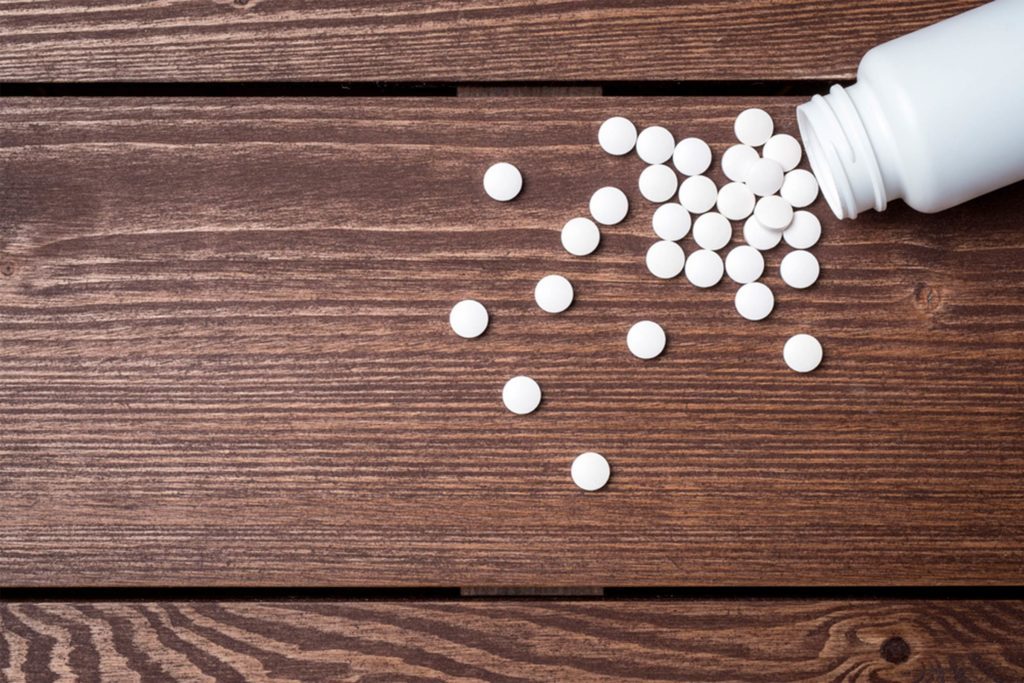 Start with any prescription meds and keep them in the original containers so people can see at a glance what you’re carrying. This will save delays (and possible confiscation), by border security. Ask your pharmacist for smaller labeled bottles if your usual ones are too large for traveling, and use tamper-proof containers, especially if traveling with children. Take enough for an few extra days, in case you get delayed.
Start with any prescription meds and keep them in the original containers so people can see at a glance what you’re carrying. This will save delays (and possible confiscation), by border security. Ask your pharmacist for smaller labeled bottles if your usual ones are too large for traveling, and use tamper-proof containers, especially if traveling with children. Take enough for an few extra days, in case you get delayed.
Sharon Carlson, RN, director of Emergency Preparedness at Sharp Healthcare, San Diego, has more advice: “I always recommend folks who take regular medication keep a list of their normal medications, what the doses are, when they take them, and their physician’s contact details. Fold that little list up and put it in a wallet or a purse. Then if something were to happen, first responders can pull that list out, and it helps them to know what medications they’re on.”
Medication for digestive problems
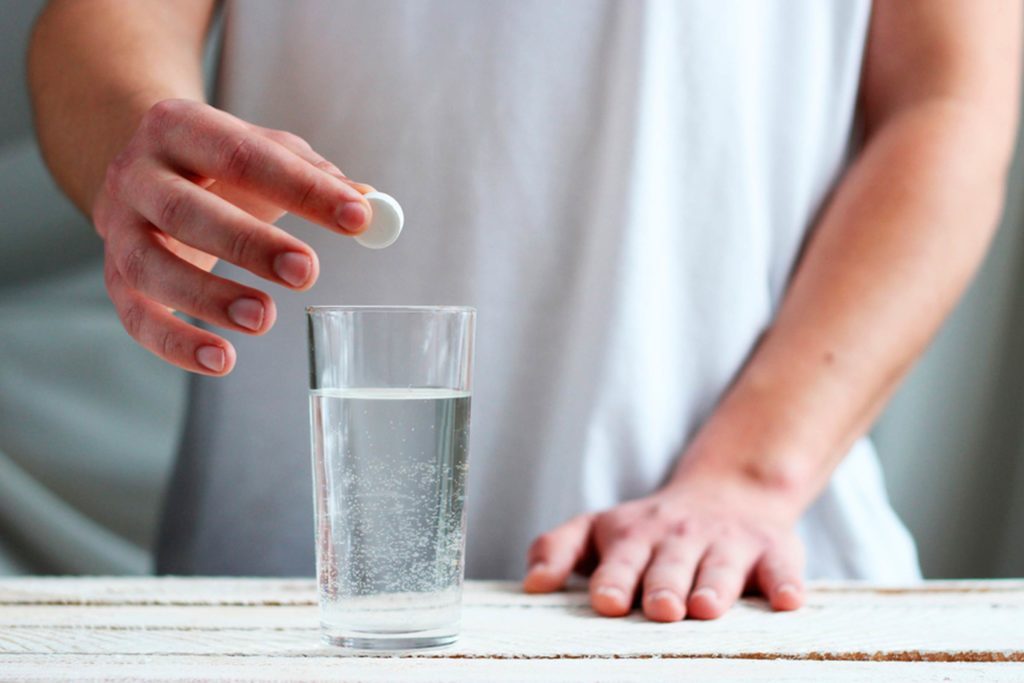 Always take steps to avoid getting sick in the first place, and anticipate the need to manage issues like motion sickness. According to Carlson, digestive problems are some of the most common vacation ailments. “Eating and drinking in places you’re not used to can sometimes cause traveler’s diarrhea or upset stomachs,” she says. Be sure to pack your travel first aid kit with antacids for indigestion and heartburn, diarrhea medication, and rehydration remedies.
Always take steps to avoid getting sick in the first place, and anticipate the need to manage issues like motion sickness. According to Carlson, digestive problems are some of the most common vacation ailments. “Eating and drinking in places you’re not used to can sometimes cause traveler’s diarrhea or upset stomachs,” she says. Be sure to pack your travel first aid kit with antacids for indigestion and heartburn, diarrhea medication, and rehydration remedies.
Sunscreen
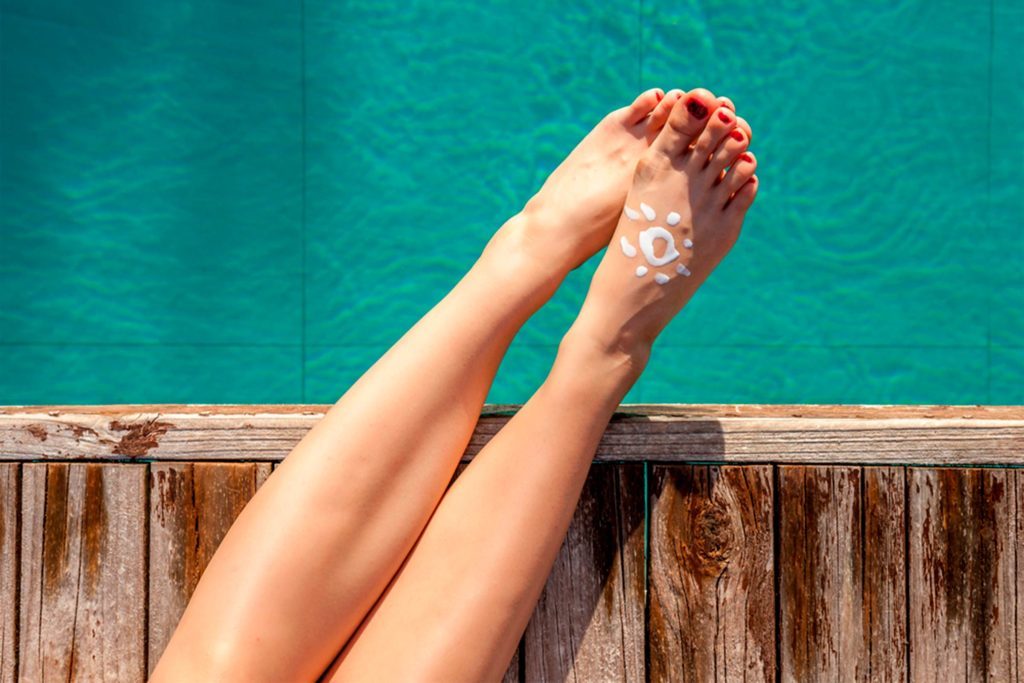 Sharon also cites sunburn as another common—yet potentially serious—vacation health risk. “I would always bring sunscreen and I recommend using at least a 15 SPF or higher,” she says. She also recommends sunglasses and a wide-brimmed hat for added protection. Soothing after-sun lotion can also help if you do get too much sun. Don’t make these seven sunscreen mistakes.
Sharon also cites sunburn as another common—yet potentially serious—vacation health risk. “I would always bring sunscreen and I recommend using at least a 15 SPF or higher,” she says. She also recommends sunglasses and a wide-brimmed hat for added protection. Soothing after-sun lotion can also help if you do get too much sun. Don’t make these seven sunscreen mistakes.
Painkillers
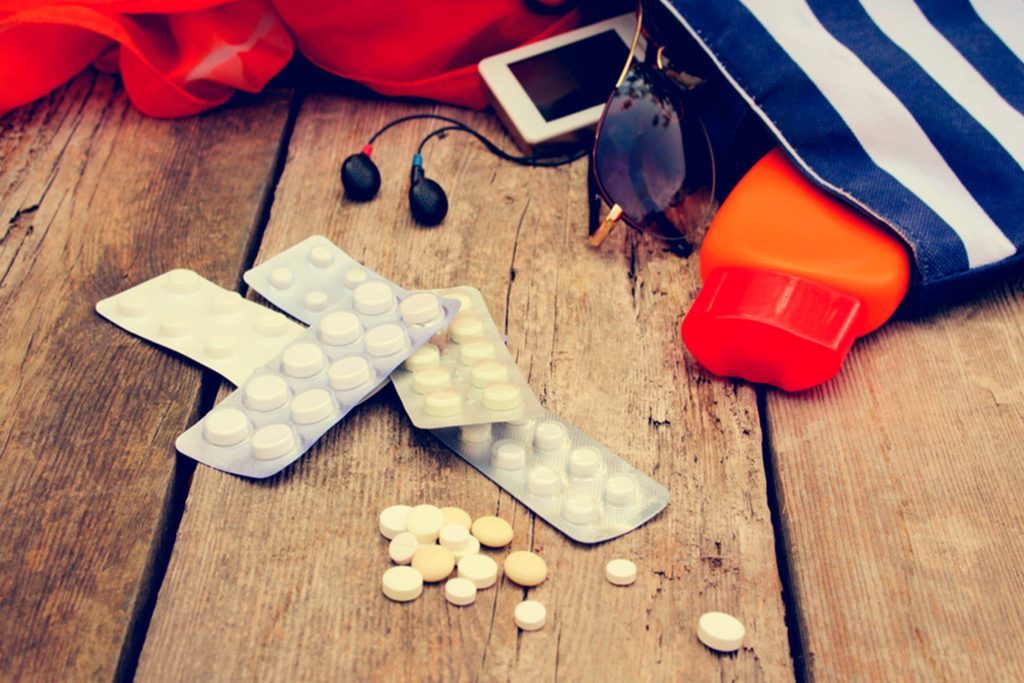 Minor aches and pains can be treated easily with over-the-counter painkillers. Acetaminophen and ibuprofen are both suitable, but beware of packing codeine-based tablets as these are illegal in some countries. You may find generic products are cheaper than branded medication, but they work equally as well—just check the labeling to see that the active ingredients are the same. “I don’t recommend one brand over another,” says Sharon. “I think they’re all pretty much the same.”
Minor aches and pains can be treated easily with over-the-counter painkillers. Acetaminophen and ibuprofen are both suitable, but beware of packing codeine-based tablets as these are illegal in some countries. You may find generic products are cheaper than branded medication, but they work equally as well—just check the labeling to see that the active ingredients are the same. “I don’t recommend one brand over another,” says Sharon. “I think they’re all pretty much the same.”
Dressings
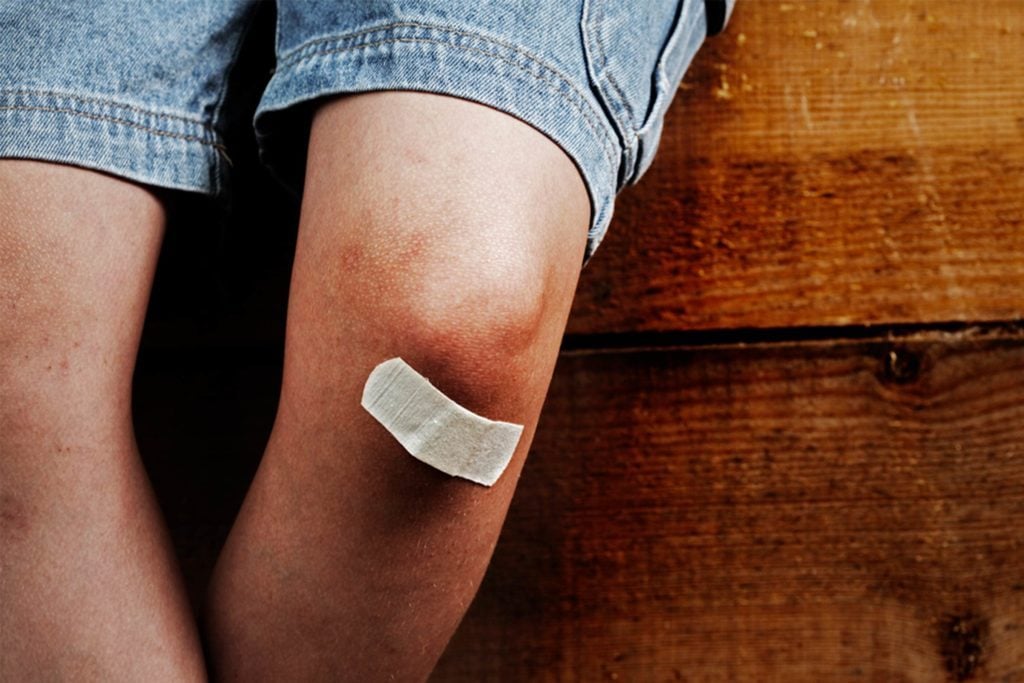 Minor cuts and abrasions may need covering with a dressing until they heal. Especially in tropical climates, a small graze or cut can become infected very quickly, so pack a variety of Band-Aids, along with sterile dressings or gauze and some small bandages. Surgical tape to hold a dressing in place can be useful, and don’t forget scissors so you can cut dressings to size.
Minor cuts and abrasions may need covering with a dressing until they heal. Especially in tropical climates, a small graze or cut can become infected very quickly, so pack a variety of Band-Aids, along with sterile dressings or gauze and some small bandages. Surgical tape to hold a dressing in place can be useful, and don’t forget scissors so you can cut dressings to size.
Antiseptic medication
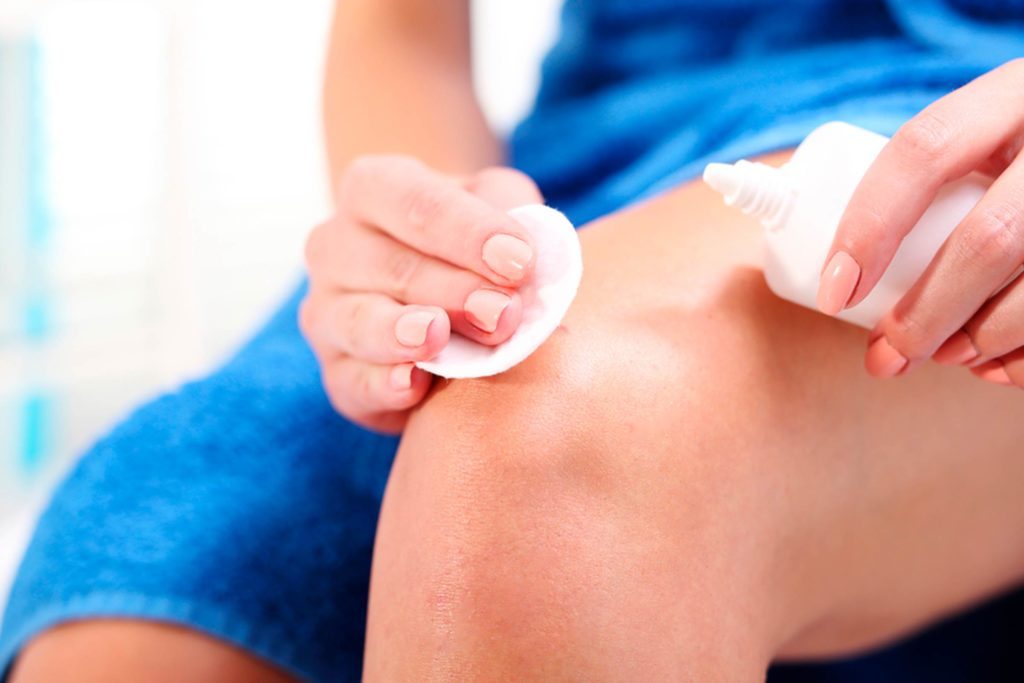 Antiseptic products will be useful for preventing infection in small cuts or grazes. Use wipes to clean and sterilize an injury and ointment for ongoing treatment. If you’re concerned that a wound is becoming infected, seek prompt medical advice.
Antiseptic products will be useful for preventing infection in small cuts or grazes. Use wipes to clean and sterilize an injury and ointment for ongoing treatment. If you’re concerned that a wound is becoming infected, seek prompt medical advice.
Antihistamines
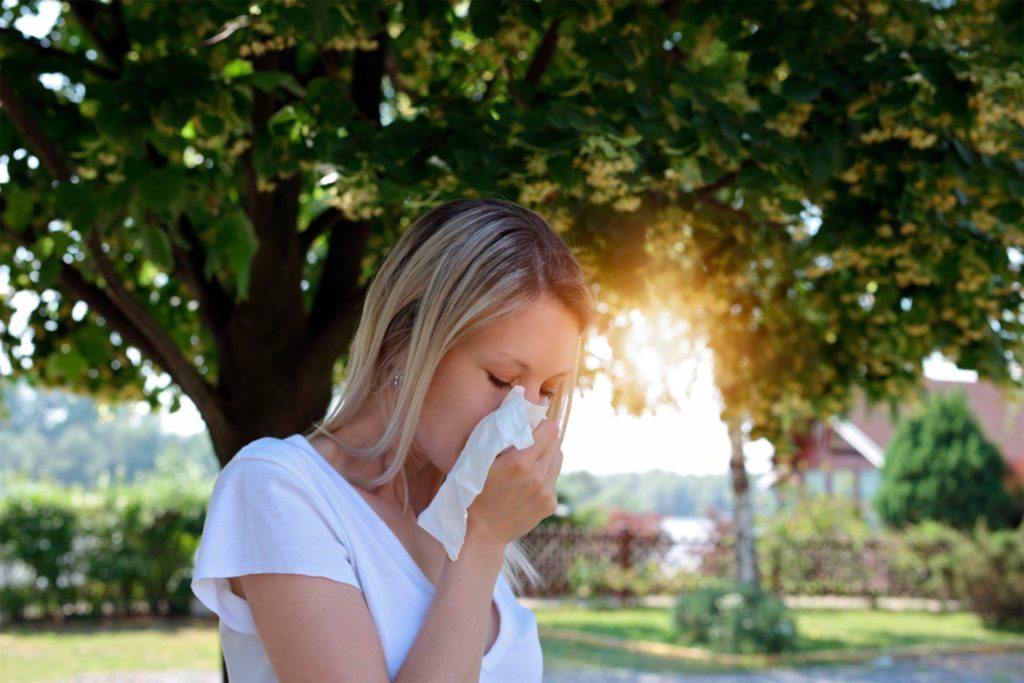 Who knows what kind of bugs and itchy plants might trigger an allergic response in you: Pack some OTC antihistamine medications to tame a bad internal or external (skin) reaction in your travel first aid kit. Some medications can cause drowsiness, which is something to bear in mind if you’ll be driving or planning to sample the local spirits.
Who knows what kind of bugs and itchy plants might trigger an allergic response in you: Pack some OTC antihistamine medications to tame a bad internal or external (skin) reaction in your travel first aid kit. Some medications can cause drowsiness, which is something to bear in mind if you’ll be driving or planning to sample the local spirits.
Insect repellent
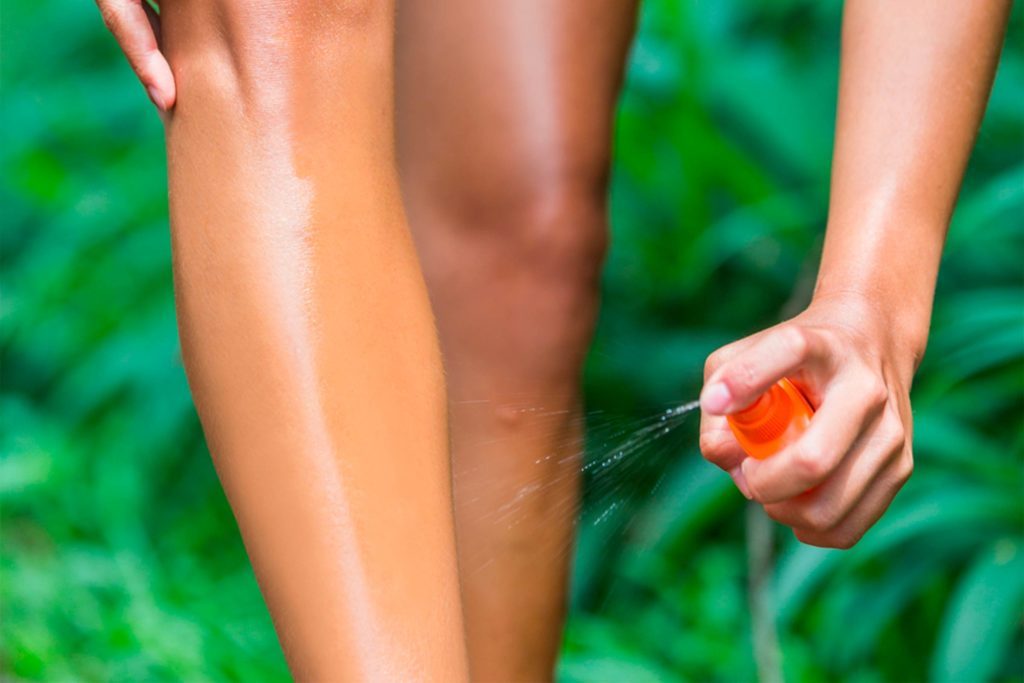 At best, mosquitoes are a nuisance; at worst they carry diseases like dengue fever, West Nile, Zika, or malaria. (Here are nine things that mosquitoes absolutely hate.) In addition to taking anti-malarial medication if you’re traveling to countries where it’s endemic, always use a suitable repellent. The best way to avoid trouble is to not get bit in the first place. DEET products are available in various strengths—a minimum of 50 percent concentration is recommended for tropical destinations.
At best, mosquitoes are a nuisance; at worst they carry diseases like dengue fever, West Nile, Zika, or malaria. (Here are nine things that mosquitoes absolutely hate.) In addition to taking anti-malarial medication if you’re traveling to countries where it’s endemic, always use a suitable repellent. The best way to avoid trouble is to not get bit in the first place. DEET products are available in various strengths—a minimum of 50 percent concentration is recommended for tropical destinations.
Water purification tablets
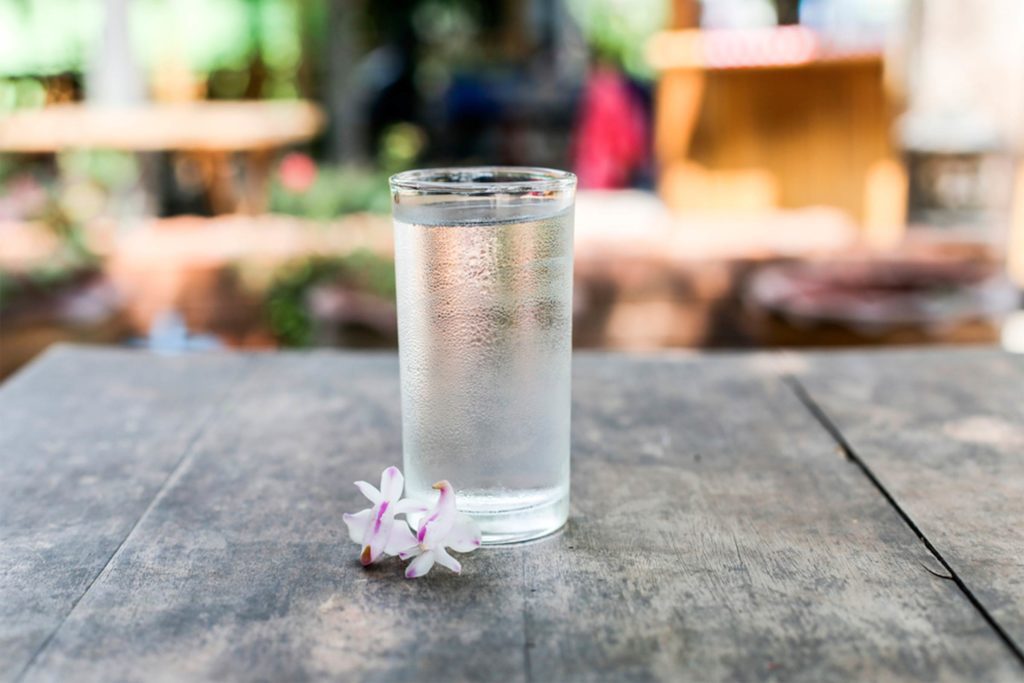 If you’re going off the beaten path or visiting a country with sketchy water sources, take along purification tablets or a purifying device like the LifeStraw in your travel first aid kit. The tablets can purify a liter of water at a time, though it can take around 30 minutes. Purification devices can often treat the water on the spot.
If you’re going off the beaten path or visiting a country with sketchy water sources, take along purification tablets or a purifying device like the LifeStraw in your travel first aid kit. The tablets can purify a liter of water at a time, though it can take around 30 minutes. Purification devices can often treat the water on the spot.
